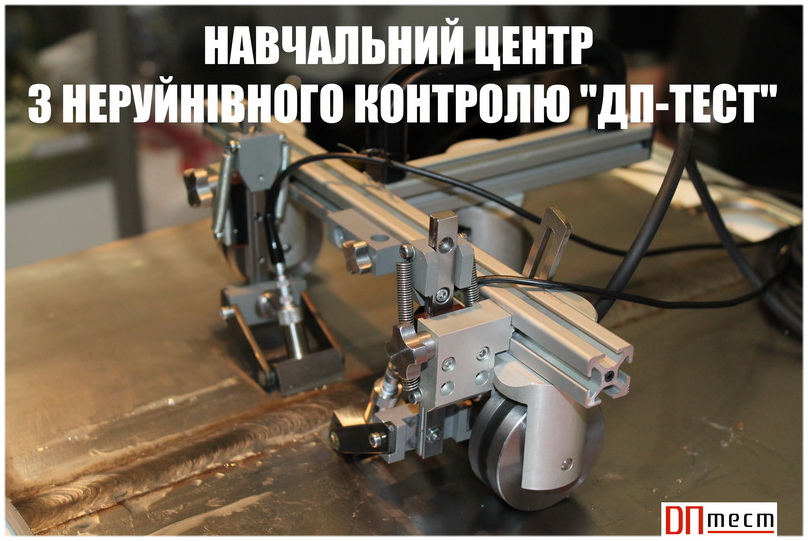In the diploma project, the development of an eddy current flaw detector based on a GMR converter was carried out.
The distinctive features of the project are as follows. Firstly, the excitation of eddy currents in the control object (CO) is carried out by rectangular excitation coils, the active part of which is located tangentially to the CO surface. This makes it possible to ensure a homogeneous distribution of eddy current density over a large area of the CO surface. Secondly, the eddy current excitation system is formed by two orthogonal coils in space, which are fed by two sinusoidal currents with a phase shift of 90° between them. This makes it possible to ensure the invariance of the eddy current parameters from the CO defects to the spatial orientation of the defect. Thirdly, the use of GMR transducers as a sensor makes it possible to increase the sensitivity of the sensor to small defects due to their high sensitivity to the magnetic induction of the eddy current field.
The project consists of four sections, and also contains an overview of the article using a GMR converter in the eddy current probe of an eddy current flaw detector.
The first section discusses the physical foundations of eddy current flaw detection.The features of the use of eddy current flaw detector and the physical essence of GMR converters were given.
In the second section, a structural diagram of an eddy current flaw detector is developed. The design of the probe is being developed and the interaction of the components of the flaw detector is explained.
In the third section, the eddy current probe parameters are calculated and the effect of magnetization of the GMR converter on the output signal is explained.
In the fourth section, the electrical schematic diagrams of the voltage-to-current converter for powering the excitation coils and the measuring amplifier of the GMR signals of the converter are developed.
Research advisor: Y.Kuts









